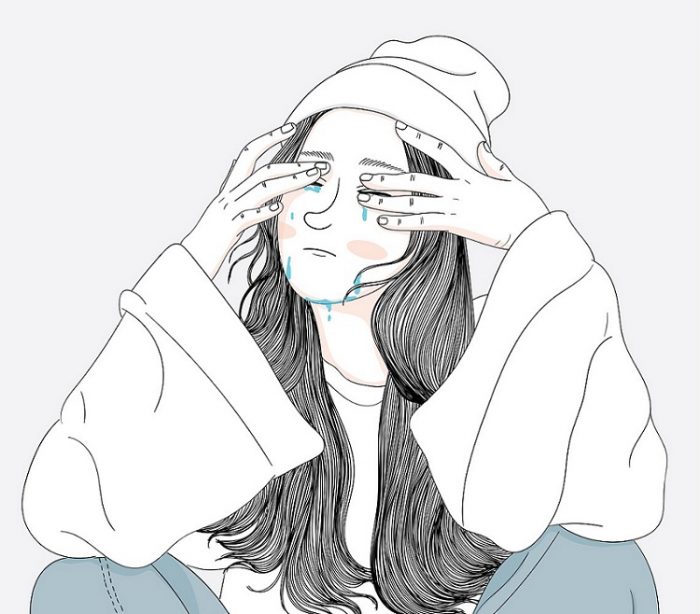We usually associate loss and grief with the death—the physical loss—of a beloved person or pet.
But what about all the other losses that we experience throughout our lives that invoke the same grief, but without the finality of death?
Grief related to a non-death loss is less spoken about, and seems to be less tolerated or accepted within our society than the usual bereavement grief. That’s why it is also referred to as disenfranchised grief.
We all know the saying, this too shall pass. Unfortunately, the emotions we do not process will not magically disappear, but instead get stuck in our energy system, causing blockages and dis-ease.
Here are examples of non-death losses and situations that can invoke grief:
>> The ending of a short or long-term relationship (not limited to romantic relationships)
>> Divorce
>> The ending of a situationship
>> Life transitions
>> The loss of a person due to an illness (e.g. Alzheimer’s or dementia)
>> An identity crisis
>> Finding out that you were adopted
>> Estrangement from family members
>> Healing intergenerational trauma and breaking generational curses
>> The loss of a job
>> Healing your inner child or mother/father wound
>> Missed opportunities or dashed hopes and dreams
Our level of emotional attachment and the importance of the person or situation plays a huge role in how we handle the loss. And sometimes, just one of these events can trigger underlying, unresolved issues, adding up to grief.
One of the biggest mistakes we can make when it comes to grieving is to judge others by our own standards. What is traumatic for you does not have to be traumatic for me, and vice versa, but this does not mean that our experiences and feelings are not valid.
In my experience, if we are faced with non-death loss, we go through the same stages of grief (denial, anger, bargaining, depression, and acceptance), a model set by psychiatrist Elisabeth Kübler-Ross, as if we had experienced the physical death of a person or pet, because ultimately something has died, if only in a metaphorical sense.
But we create internal barriers to grieving our non-death loss when we tell ourselves that it’s not appropriate to have intense, emotional reactions to our situation.
Therefore we suppress it, or we feel overwhelmed because we don’t know how to deal with our experience. So we stuff the grief away in order to move on, to function, making it clear that we never learned how to be comfortable with the uncomfortable.
Living in a society where toxic positivity (pretending everything is love, light, butterflies, and rainbows) and spiritual bypassing (denial or avoidance of wounds, trauma, and uncomfortable emotions like anger, rage, and hate) go hand in hand doesn’t make this type of grief any easier. In fact, it contributes to our shame and guilt.
The most important thing to remember, regardless of what type of grief we’re dealing with, is not how we grieve but that we do it at all. This can be a challenge in itself.
If we don’t know how to self-regulate, or if we lack the tools to self-soothe, it can feel as if the waves of grief are crushing over us, flooding us with unbearable pain, which is what we are unconsciously trying to avoid—not the grief but the emotional pain and the deep sadness accompanied by grief.
A misconception regarding the grieving process is that we are grieving 24/7, and are unable to feel joy or happiness. The truth is that grief is non-linear, isn’t connected to a specific time frame, and can indeed co-exist in our daily lives.
Unfortunately, if we have been stuffing things away for a long time, chances are that all those light feelings and our zest for life in general have been buried underneath. By releasing stuck grief and its companions from our bodies, we are creating space and welcoming light back into our lives.
Never underestimate the healing effects that grieving can have.
With compassion, practice, and the right tools at hand (including professional help, if necessary), we are able to ride the waves of all types of grief, knowing that we will not drown in the process.
Over time, we will become less resistant and more resilient. We will learn to befriend and accept grief as part of our human experience.
~












Read 0 comments and reply